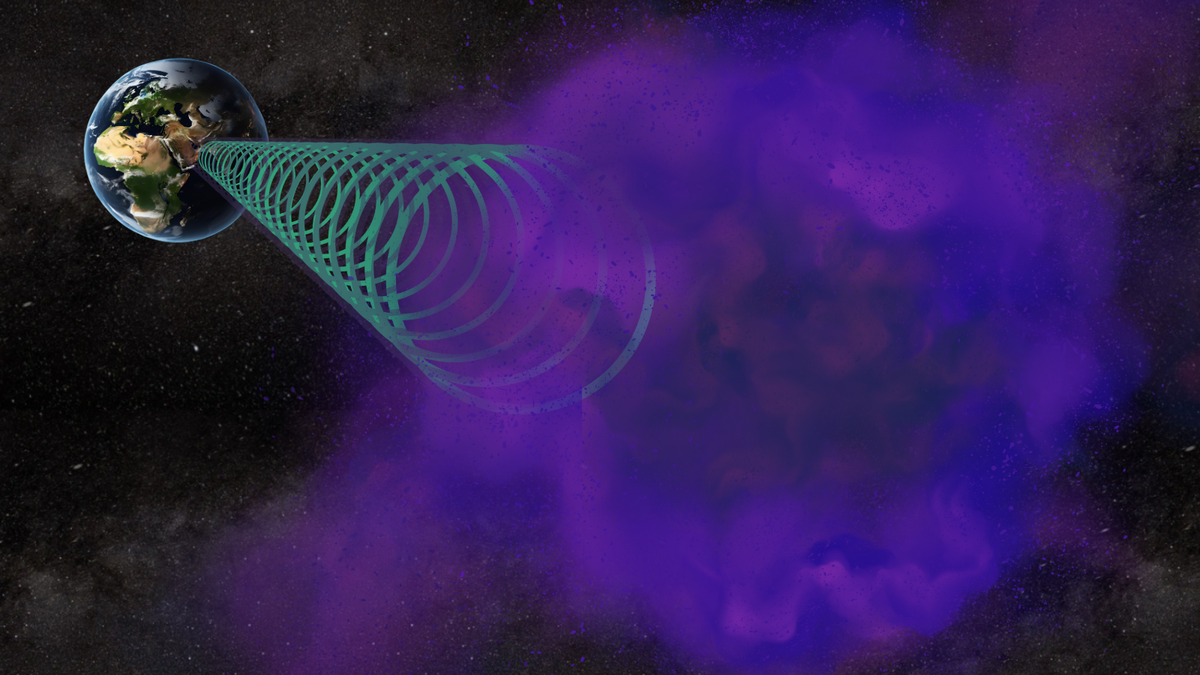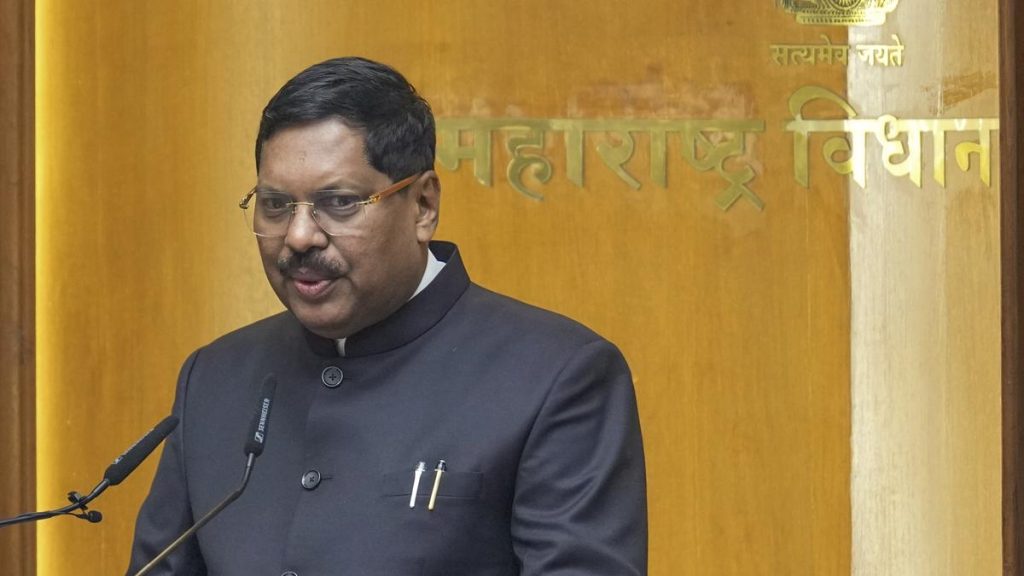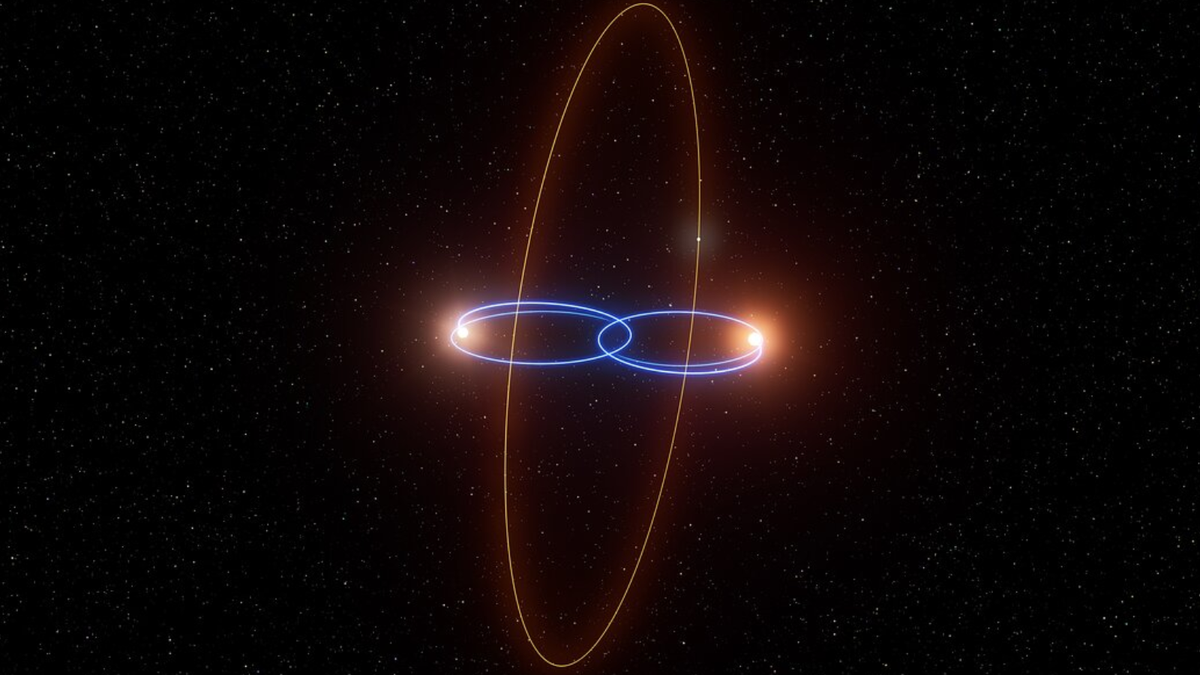Now Reading: Scientists Develop ‘Cosmic Car Radio’ to Decode Dark Matter Within 15 Years
-
01
Scientists Develop ‘Cosmic Car Radio’ to Decode Dark Matter Within 15 Years
Scientists Develop ‘Cosmic Car Radio’ to Decode Dark Matter Within 15 Years

Speedy Summary
- Researchers have introduced the concept of an “axion quasiparticle,” which could enable scientists to detect dark matter through a device likened to a cosmic car radio.
- Axions, hypothetical particles, are leading candidates for dark matter and make up approximately 85% of the universe’s mass, yet remain undetectable via electromagnetic radiation.
- The proposed detector uses manganese bismuth telluride material to create axion quasiparticles that interact at terahertz frequencies – considered promising for detecting axions by emitting tiny amounts of light.
- A prototype may be operational by 2030 with potential detection within 15 years. The full experiment could cost tens of millions USD and require about three years in operation post-construction.
- Challenges remain even if axions are detected: researchers must determine if dark matter consists solely of axions or multiple types, as string theory predicts numerous varieties.
- Axions might also help explain other cosmic phenomena like dynamical dark energy and cosmic inflation. Marsh describes possible scenarios where various “flavors” of axions could resolve different puzzles in astrophysics.
Image captions:
- An illustration depicts Earth tuning into dark matter (Image credit: Robert Lea/Canva).
- Diagram showing proportions: 85% dark matter versus everyday matter (Image credit: Robert Lea/Canva).
- Swirls representing theoretical axion behaviors (Image credit: Robert Lea/Canva).
Indian Opinion Analysis
The emerging research around detecting axions highlights India’s growing interest in contributing solutions toward universal mysteries like dark matter. While India isn’t mentioned as directly involved with this experiment, its enterprising space program under ISRO creates opportunities for collaboration in high-tech physics research supporting global advancements.
The implications extend far beyond academia; breakthroughs hear may propel technologies relevant across industries tied to particle science or advanced material fabrication. For India’s scientific community and policymakers, engaging more actively within such international efforts might enhance national expertise while laying foundations for innovation-driven economics.
Effectively detecting axions could also spark further studies into phenomena connected to early-universe theory – providing integral data on universal structures affecting essential fields like quantum mechanics or astronomy that influence multidisciplinary projects globally and regionally alike.























